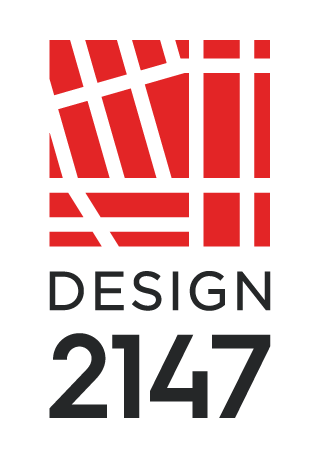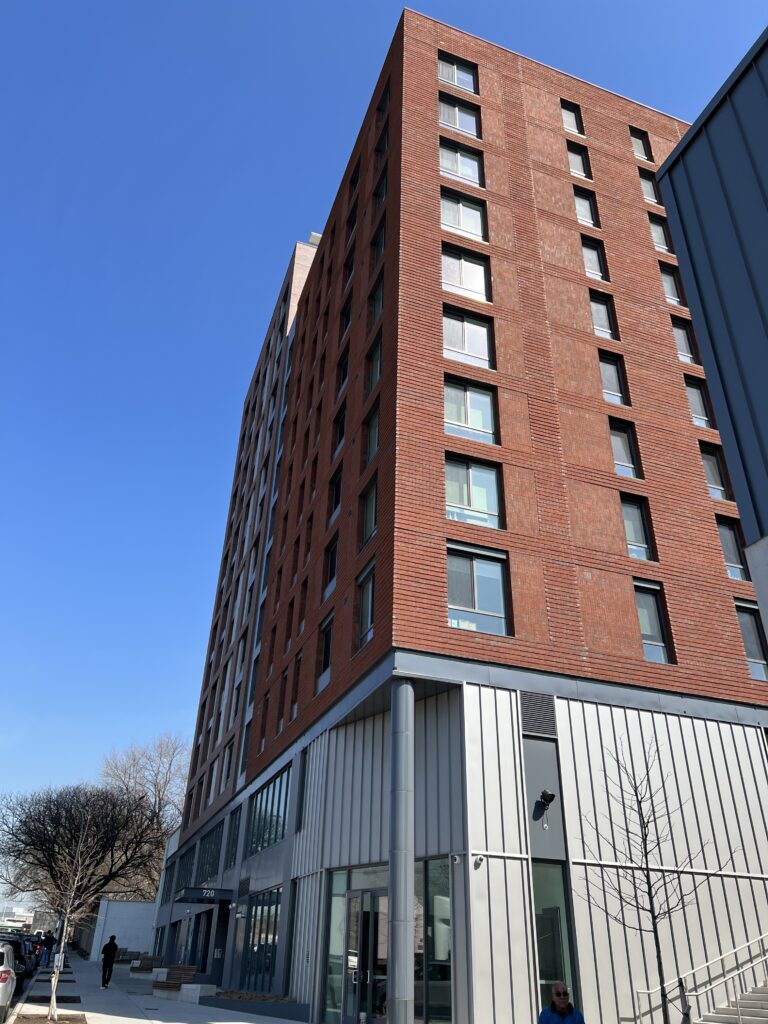If you’re designing, developing, or renovating a property, you may need to seek a lesser-known, but incredibly important, set of approvals. In this post, we explain what “OTCR acceptance” is and when it applies to your project.
What Is the OTCR?
The New York City Office of Technical Certification and Research (OTCR) is an agency that oversees technical certifications of “approved agencies and entities performing inspections, tests, material approvals and evaluates new technology that enhances safety, sustainability and efficiency.” In other words, OTCR evaluates and certifies the use and installation of specific materials and systems.
Do I Need OTCR Review?
If you plan to install one of the following systems in a building, you will likely need approval from OTCR:
- Energy Storage Systems (ESS): This is a rechargeable system for the storage of electrochemical energy, designed as a stationary installation (including mobile systems) and consisting of one or more interconnected storage batteries, capacitors, inverters, and other electrical equipment.
- Indoor Parking Stacker and/or Parking Platform Lift Systems: All indoor parking stacker and/or suspended platform lift systems are evaluated by OTCR on a site-specific basis.
- Indoor Automated and Semi-automated Parking Garage Systems: These are mechanical system that allow vehicles to be parked and retrieved without a driver inside the vehicle. These systems use automated machinery to move and store vehicles.
- Solid Fuel Cooking Appliances: Cooking appliances that utilize open flame combustion of solid fuels such as wood, charcoal, briquettes, and mesquite to provide all or part of the heat source for cooking.
- Electrical Equipment: Any electrical equipment not currently approved under the New York City Electrical Code will be reviewed by the OTCR.
- Fabricated Items, Including Modular Construction: These are products and assemblies regulated by the New York City Building Code that are custom-manufactured or built prior to their incorporation into the work at the construction site.
OTCR also manages approval of “approved agencies.” An approved agency is an established and recognized agency that is regularly engaged in conducting tests or furnishing inspection services, when approved pursuant to department rules as qualified to perform or witness identified testing or inspection services.
How Do I Obtain OTCR Approval?
Approval from the OTCR is called “acceptance.” To begin the process, you will need to prepare three separate application forms:
- OTCR 1 Alternative Material Acceptance Criteria Application: For review of existing standards and/or evaluation criteria for products categorized as alternative to the code. The OTCR will review and adopt DOB-approved acceptance criteria for alternative material acceptance.
- OTCR 2 Site-Specific and Electrical Equipment Application: For filing for a site-specific evaluation or an electrical equipment evaluation.
- OTCR 3 Testing Laboratory or Professional Engineer Statement: Used by the Testing Laboratory or Professional Engineer to document required testing for the review of a site-specific approval. This form is used in conjunction with or to supplement an OTCR 2.
The process is straightforward:
- Submit your construction documents to the New York City Department of Buildings (DOB) office in the borough where your project is located. Include the OTCR2 application form and required documents.
- Obtain a New York City Fire Department (FDNY) Letter of No Objection. This is required to receive conditional OTCR acceptance.
- Receive your OTCR Conditional Acceptance Letter.
- By this point, your construction documents should be approved. This includes approved zoning analysis and FDNY-approved fire protection plans (fire protection system approvals: sprinkler, fire alarm, etc.).
- A work permit is issued. Equipment and systems that are subject to OTCR approval should be installed, inspected, and certified.
- The OTCR Final Acceptance Letter is issued.
- Project sign-off can occur.
As with most permitting issues, the challenges presented when seeking OTCR acceptance lie in the details. Gathering all of the necessary information, completing forms correctly and in the correct order, and managing the process can be confusing and time-consuming. It is vital to begin the process as soon as possible so that OTCR acceptance doesn’t hold up your project timeline.


